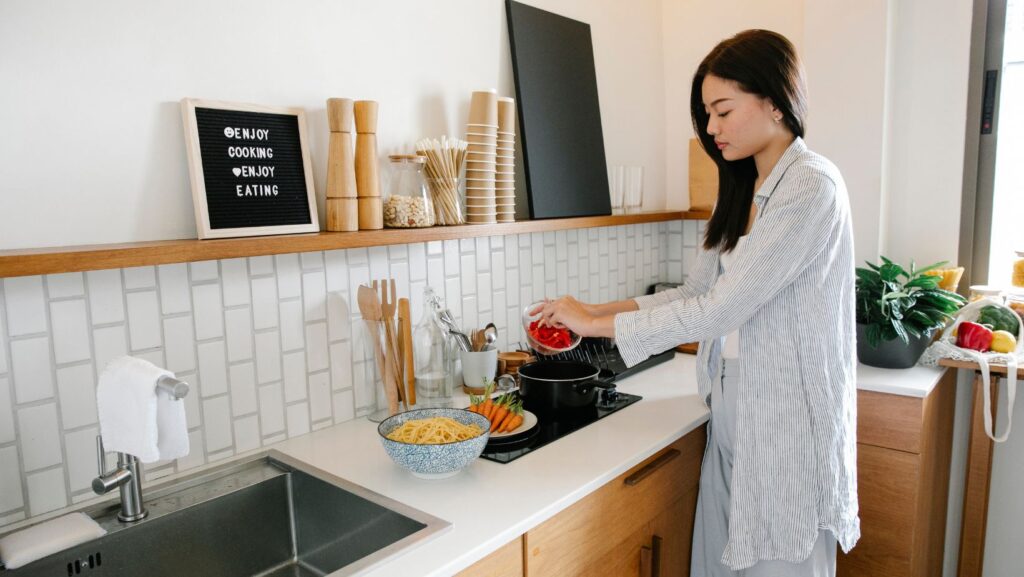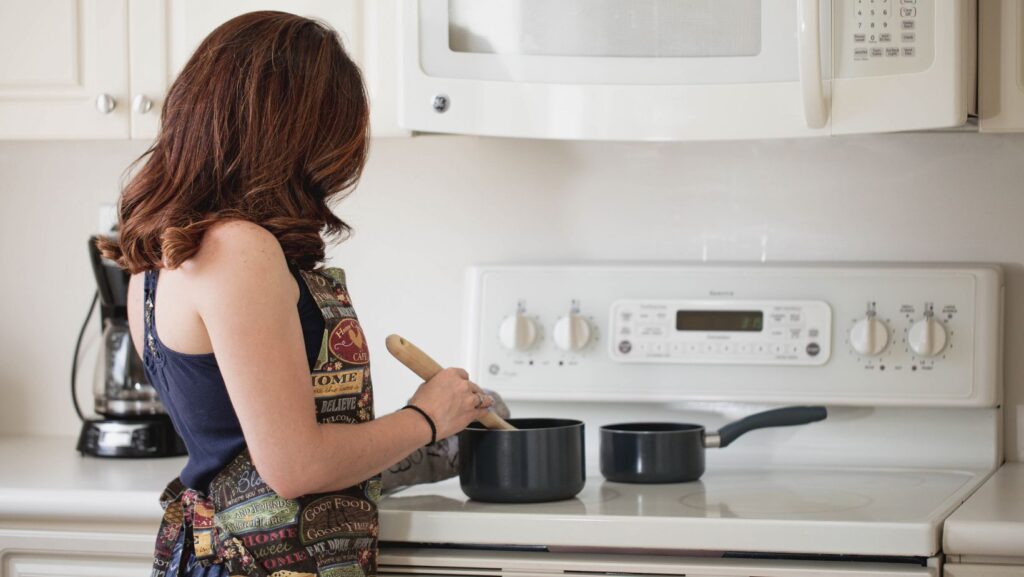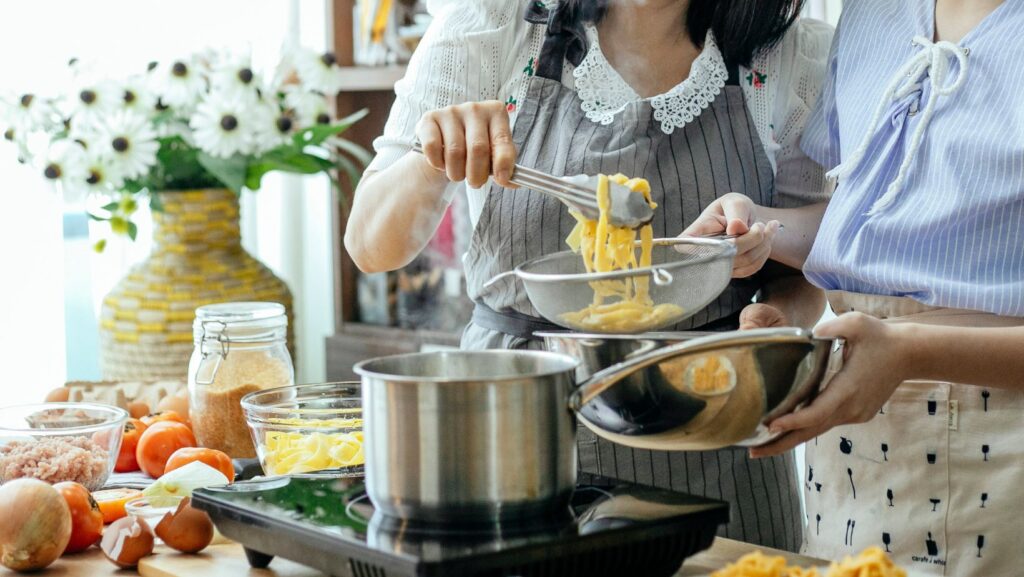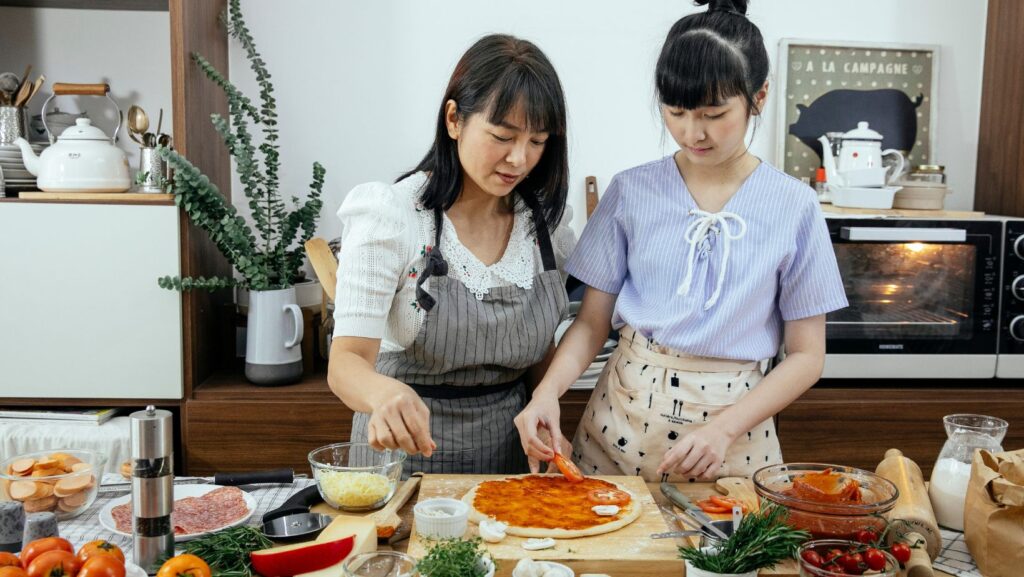Cooking Safety Tips

Cooking is a rewarding and enjoyable activity, but it also comes with potential risks if safety precautions are not taken. In the hustle and bustle of the kitchen, accidents can happen in the blink of an eye. That’s why understanding and implementing cooking safety tips is crucial for both novice and experienced chefs alike.
From preventing burns and fires to avoiding cross-contamination and foodborne illnesses, being mindful of safety measures in the kitchen is paramount. By following simple guidelines and staying vigilant, anyone can create a safe cooking environment for themselves and their loved ones. In this article, we’ll explore essential cooking safety tips that can help you navigate the kitchen with confidence and peace of mind.
Importance of Cooking Safety

Cooking safety is crucial in every kitchen. Without proper precautions, cooking activities can lead to accidents and injuries. It’s vital for both new and experienced cooks to be aware of the potential risks involved in the cooking process. By understanding and implementing safety measures, individuals can significantly reduce the chances of incidents such as burns, fires, and foodborne illnesses. Creating a safe cooking environment should be a top priority for anyone working in the kitchen.
Common Cooking Hazards
In the kitchen, there are several common cooking hazards that individuals need to be aware of to ensure a safe cooking environment. Understanding these risks and knowing how to prevent them is crucial for anyone working in the kitchen.
Fire Hazards
Fires are a significant risk in the kitchen and can occur due to various factors such as overheating oil, grease build-up, or flammable items left too close to heat sources. To prevent kitchen fires, always stay vigilant while cooking, keep flammable items away from the stove, and have a fire extinguisher readily available. Additionally, never leave cooking unattended, especially when working with high-heat methods like frying.
Burns and Scalds
Burns and scalds are common cooking-related injuries that can happen when handling hot pots, pans, or liquids. To avoid burns and scalds, use oven mitts or potholders when touching hot surfaces, be cautious when working around steam, and keep children away from the stove. In case of a burn, immediately cool the affected area under cold running water for at least 10 minutes and seek medical attention if needed.
Essential Cooking Safety Tips
Understanding and implementing cooking safety tips is crucial to prevent accidents in the kitchen. By following these essential guidelines, individuals can create a safe cooking environment and reduce the risk of injuries and mishaps while preparing meals.

- Properly Store Flammable Items: Keep flammable items such as kitchen towels, paper towels, and wooden utensils away from the stove to prevent fire hazards.
- Use Kitchen Mitts: When handling hot pots, pans, and dishes, always use kitchen mitts or potholders to avoid burns and scalds.
- Supervise Children: Ensure that children are kept away from the cooking area to prevent accidental burns or spills.
- Maintain Clean Cooking Surfaces: Regularly clean stovetops, ovens, and countertops to avoid grease build-up, which can lead to fires.
- Have a Fire Extinguisher: Be prepared for emergencies by having a fire extinguisher in the kitchen and knowing how to use it effectively.
- Handle Hot Liquids with Care: When cooking with hot liquids, be cautious of steam and hot splatters to prevent scalds and burns.
- First Aid for Burns: In case of burns, immediately cool the affected area under cold running water for several minutes and seek medical attention if needed.
Following these essential cooking safety tips can help individuals cook confidently and safely, ensuring a pleasant cooking experience for everyone in the kitchen.
Cooking safety is paramount in any kitchen, whether you’re a novice or an experienced chef. By understanding and implementing essential safety measures, you can significantly reduce the risk of accidents while cooking. Creating a safe cooking environment should be a top priority for anyone working in the kitchen. Remember to stay vigilant, keep flammable items away from heat sources, use proper protective gear, and have a fire extinguisher on hand. With the right precautions and knowledge, you can enjoy cooking without compromising your safety. Stay informed, stay safe, and happy cooking!

